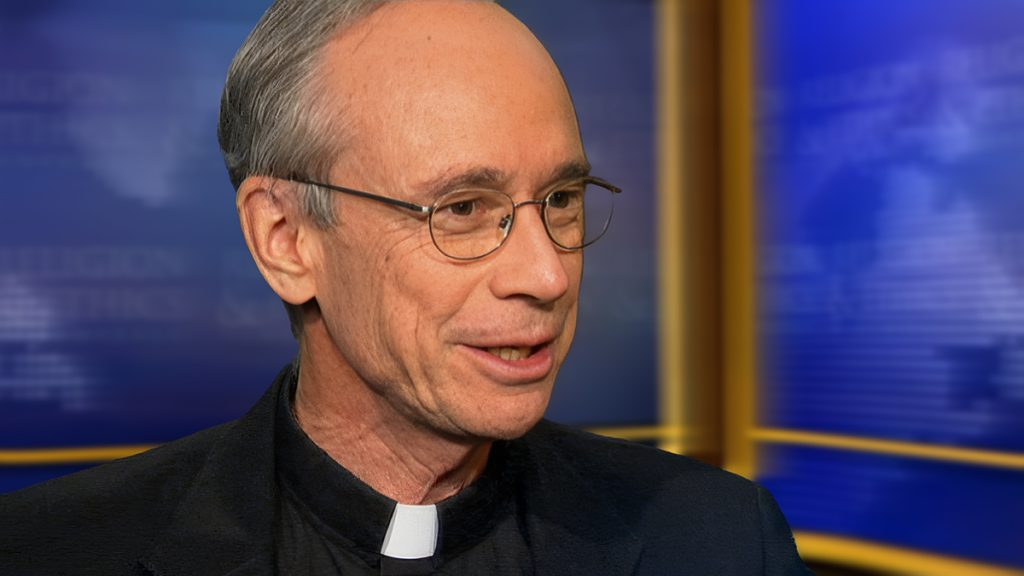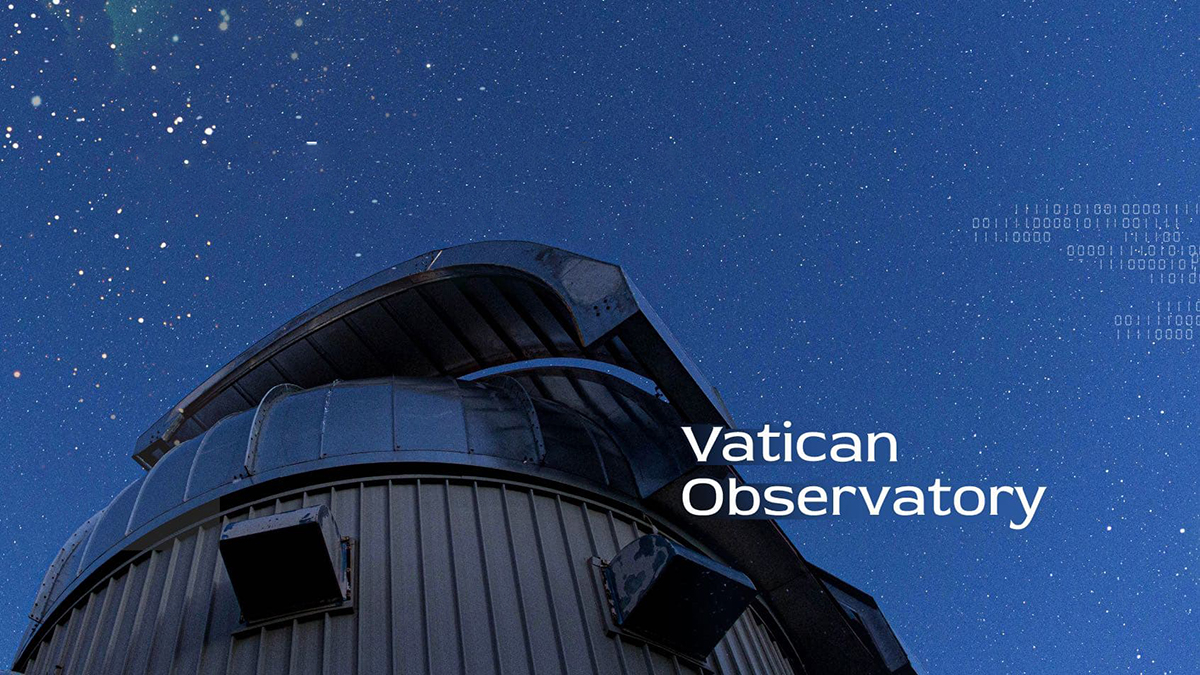Around the world, we are “witnessing an alarming rise in attempts to discredit, politicize or suppress scientific knowledge,” the Vatican says in a new (June 16) Pontifical Academy of Sciences document defending the freedom of science.
“These developments not only endanger the integrity of science but also imperil the well-being of societies that depend on science to address their most pressing challenges, including poverty, pandemics, health care, climate change, and use of artificial intelligence,” the statement reads.
A complex church-science history
Some might be surprised to hear the church defending science, since everyone remembers how Galileo got in trouble with church authorities. Fundamentalist Christians still cannot reconcile the creation story in Genesis with contemporary scientific explanations of cosmology and evolution.
This is no longer a problem for Catholic theologians. The Vatican has been involved in astronomy since at least 1582, when astronomers helped Pope Gregory XIII put the calendar in sync with the rotation of the earth around the sun. Thirty-five craters on the moon are named after Jesuit scientists and mathematicians.
Scientists urged to act responsibly
At the same time, it says, “Scientists must reaffirm their commitment to rigor, transparency, and ethical responsibility. They must actively engage with society, communicate their findings clearly, and listen respectfully to public concerns.”
Faith communities have a role
The Pontifical Academy calls on faith communities to “recognize and promote the compatibility of science and spirituality.” It believes that “reason and faith can coexist in mutual enrichment. Religious leaders can play a powerful role in restoring public trust in science as a force for good,” it says.
It also calls for a global coalition of stakeholders to defend the right to seek and speak scientific truth.
“In doing so,” it asserts, “we not only protect the integrity of science, but also uphold the dignity, justice, and sustainability of our common human future.”
Catholic science legacy celebrated
Catholics need no longer hang their heads in shame because of Galileo. We can be proud that the Vatican wants to be a leader in the fight defending scientific inquiry.
Catholic priest scientists have played an important role in the advancement of science: Gregor Mendel (1822–1884), the father of modern genetics; Georges Lemaître (1894–1966), who first proposed the Big Bang theory; and Jean Picard (1620–1682), not of “Star Trek,” but the first person to accurately measure the size of the Earth.
Still, the myth that good Christians must be anti-science gets repeated.
A strong defence of science
Rather than attacking science, this new statement of concern from the Pontifical Academy of Sciences, Protecting Freedom of Science and Preventing Distortion of Scientific Truth, is a full-throated defense of science, which it believes is “fundamental to the development of humankind” and needs to be protected “from ideological or political interference.”
Identifying the sources of distortion
The sources of the attacks on science and truth are complex and interconnected, the Pontifical Academy argues.
“In many settings, scientific facts are manipulated or suppressed to serve short-term political goals,” the academy reports. “Leaders or interest groups may deny inconvenient truths to preserve power or economic interests, rather than address difficult realities with evidence-based policies.”
It bemoans the rejection of scientific consensus in favor of conspiracy theories.
“Science is sometimes portrayed as elitist or biased,” the academy said, “despite its self-correcting nature, that is, science moving forward often corrects established wisdom and always must be open to new insights.”
U.S. politics and science under fire
The document is especially timely in the United States, where government officials are giving more credence to conspiracy theories than scientific consensus.
For example, American research universities like Harvard are under attack, and scientific research is being defunded for political reasons by the Trump administration–run National Science Foundation and the National Institutes of Health, which used to be big supporters of science.
The Vatican also worries that “(t)he commercialization of research and the capture of science by powerful industries can lead to conflicts of interest. Public trust is eroded when science appears to serve mainly private profits rather than public good.”
And, it notes, “Social media and online platforms have accelerated the spread of pseudoscience and falsehoods.” As a result, “(s)ocial media companies must take stronger steps to limit the spread of disinformation and support authentic sources. Algorithmic transparency and responsibility are urgently needed.”
Sadly, “repressive governments have gone beyond neglecting science to actively punishing those who speak scientific truth to power. Scientific institutions have been shut down, and researchers have faced legal or physical threats,” the document says.
A global call for solutions
What are the solutions?
The academy calls on political leaders to “uphold the independence of scientific institutions and resist the politicization of research. Support for basic and applied science must be protected as an investment in the public good. Policy decisions should be guided by the best available evidence, not by ideology or misinformation.”

- Thomas Reese SJ is a senior analyst at Religion News Service, and a former columnist at National Catholic Reporter, and a former editor-in-chief of the weekly Catholic magazine America.
- Flashes of Insight is an international publication. The editorial policy is that spelling reflects the country of origin.

